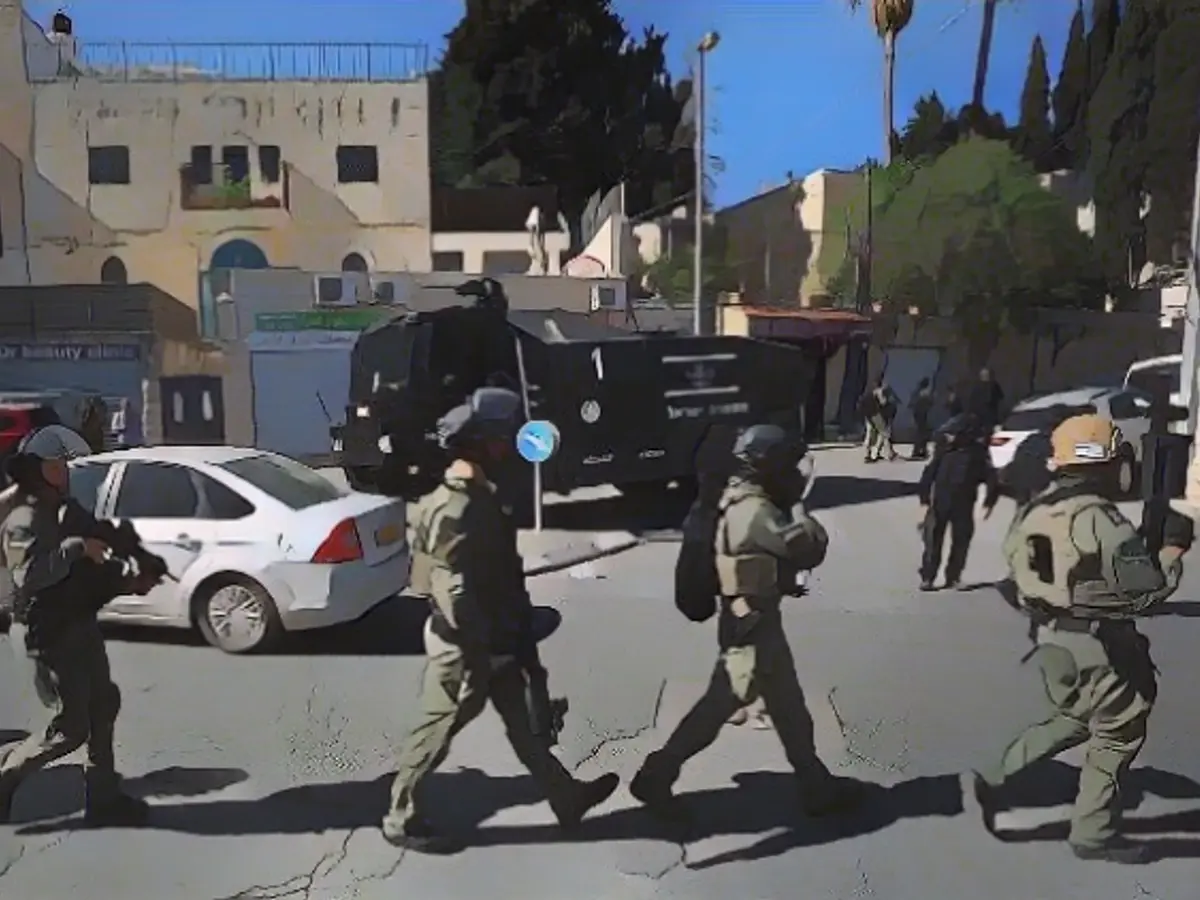Israeli Construction Approval Provokes International Criticism
In the face of international criticism, Israeli Prime Minister Netanyahu's settlement policy advances, leading to the approval of new settler apartments in East Jerusalem. This contested area, considered occupied and annexed by international critics, is viewed as "very problematic" by the non-governmental organization Peace Now.
The construction plan includes 1738 apartments, with half situated in occupied East Jerusalem and the other half on the Israeli side. The strategic location of these apartments between Har Choma and Givat Hamatos neighborhoods is deemed "particularly problematic" by the Peace Now activist Chagit Ofran, who claims such construction would create significant controversy under normal circumstances.
Jerusalem's status stands as a central factor in the ongoing Israeli-Palestinian conflict. The Palestinians aspire to make East Jerusalem their future state's capital, while Israel maintains its indivisible claim on Jerusalem. Israel occupied East Jerusalem in 1967 and subsequently annexed it, despite the settlements in the occupied territories being classified as illegal under international law. Approximately 300,000 Palestinians and 200,000 Israelis reside in East Jerusalem.
Recent events have exacerbated tensions between Israel and the radical Islamic group Hamas, which controls the Gaza Strip. On October 7, Hamas launched a devastating attack on Israel, marking history's worst incident for the country. Israel retaliated by announcing the eradication of Hamas, bombing numerous Gaza Strip targets and deploying ground troops. After a short pause in hostilities to release dozens of hostages in exchange for Israeli prisoners, fighting reemerged.
The construction of settler apartments in East Jerusalem, deemed illegal under international law, intensifies the Israeli-Palestinian conflict, further straining peace prospects.
Additional Insights
The international community views Israeli settlements in East Jerusalem and the West Bank as a violation of the Fourth Geneva Convention, which prohibits the transfer of civilians into occupied territories. The UN has urged that continued settlement expansion threatens the two-state solution, seen as fundamental to the resolution of the Palestinian-Israeli conflict.
In 2024, the International Court of Justice declared Israel's occupation of Palestinian land illegal and called for the evacuation of all existing Israeli settlements in the West Bank and East Jerusalem. Critics accuse Netanyahu's government of ignoring international law and disrupting the peace process by pressing forward with settlement construction while prioritizing hostage releases and an end to the war.
The ongoing conflict between Israel and the Palestinians highlights the complexity and delicacy of the situation. As the international community continues to monitor developments, both sides seek resolution and a meaningful path toward peace.








